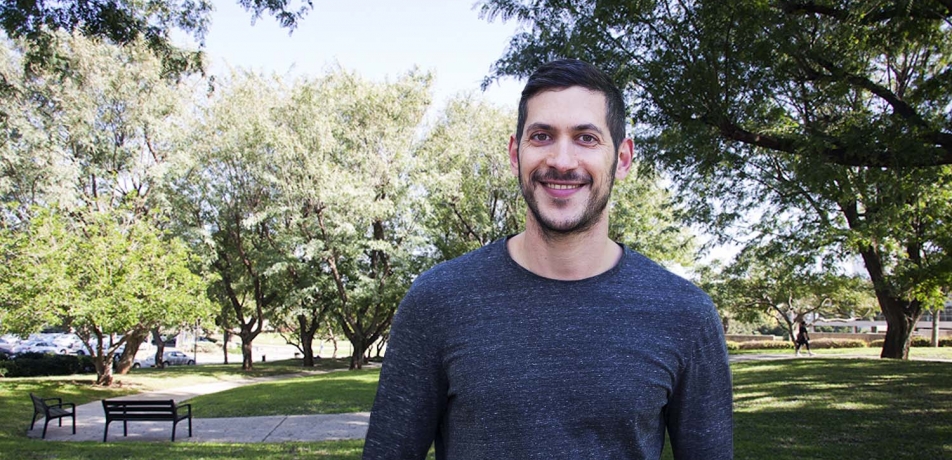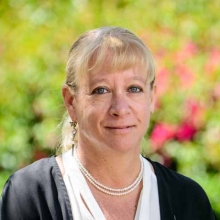Gateways to the cell
Introducing Dr. Nir Fluman
New scientists

Every living cell is surrounded by a membrane, which doubles as both a barrier and the main point of interaction of the cell with the outside world. Dr. Nir Fluman, who joins the Weizmann Institute of Science in January, studies the proteins that reside in membranes and serve as nano-machines that carry out work at the cell’s border. His research strives to understand how these proteins get constructed and destructed in the membrane, and may shed light on how these processes go wrong in disease. Such diseases include cystic fibrosis, heart arrhythmias, epilepsy, and other neurological conditions, and his research may also have relevance for overcoming antibiotic resistance.
Dr. Fluman, who just completed a postdoctoral fellowship at Stockholm University in Sweden, thinks that understanding how membrane proteins interact with the membrane may hold the key to how they fold, perform their functions within a membrane—and how they misfold.
The membranes of cells are not just a border that surrounds them. Through the membrane, nutrients need to get in, waste gets expelled and communication and sensing between the cell and its environment take place. These dynamic and always changing processes are carried out by unique proteins that reside in the membrane and cross it from one side to the other. Each such protein is a nano-machine that performs a specific task such as passing a signal or a molecule from side to side.
In the genome of every organism, including our own, we have thousands of genes encoding such membrane proteins. To perform their tasks, each of them needs to assume a unique architecture, just like the assembly of a machine, in a process called protein folding. But the folding process is very intricate and can go wrong quite frequently, generating deformed proteins that cannot perform their task, leading to disease. These misfolded proteins typically get disposed of by the cell’s ‘quality control’, but they can sometimes be missed and pile up in the cell to cause numerous diseases.
The processes of protein folding and quality control are central to the everyday working of the cell—millions of such events occur in the cell every minute. How exactly they occur in the membrane remains mysterious.
To that end, he has developed a number of new research tools to investigate the folding and quality control process.
In his new lab in the Department of Biomolecular Sciences, Dr. Fluman will apply his innovative research techniques to the study of a number of bacterial and human proteins where misfolding mutations lead to disease. The new research tools he creates can take scientists ever deeper into many of the unanswered and fundamental questions about the biochemistry of life.








